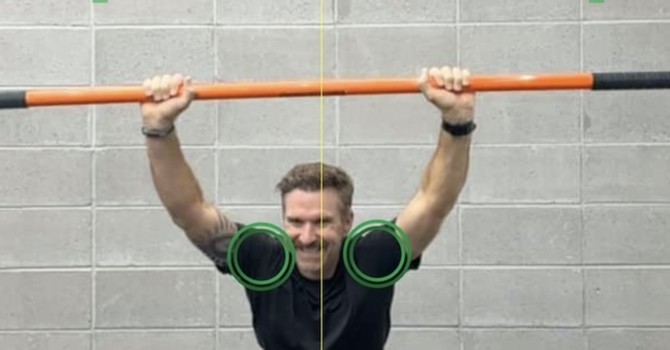
Understanding Hip Clicking: Causes and Solutions
Have you ever noticed a clicking sensation in your hips while walking or moving around? That popping or cracking sound might be more than just a harmless occurrence; it could signal an underlying issue that needs attention.
The Role of Hip Flexors
The hip flexors, particularly the psoas muscle, play a crucial role in hip movement. The psoas originates at the lower spine, traverses through the pelvis, and attaches to the femur, enabling essential hip flexion during activities like walking and running. However, this muscle can become tight, especially for those who spend long hours seated at a desk or engage in minimal physical activity.
When the psoas tightens, it can lead to discomfort in the lower back and buttocks, as well as that irritating clicking sensation in the hips. The pelvic region is highly bony, and tight hip flexors may cause the tendons to rub against these bony protrusions, resulting in audible clicking or grinding noises during movement.
Inflammation and Overuse
Over time, persistent tension in the hip flexors can irritate and inflame the tendon, worsening the problem. This condition, sometimes referred to as "dancer's hip," is common among dancers and athletes who rely heavily on their joints and tendons. Symptoms include hip pain, clicking, or grinding, often linked to overuse and repetitive motions.
Even if there’s no audible click, sensations of popping or grinding should not be ignored. It's essential to take proactive steps to alleviate hip tension and prevent further complications.
Tips for Managing Hip Clicking
Rest and recovery are often the first steps in addressing hip clicking. While resting, stretching the hip flexor muscles can significantly reduce tightness and tension in the area. Avoiding high-impact activities—such as running, dancing, or sports—can also be beneficial during this recovery phase. Instead, focus on low-impact exercises like gentle walking, swimming, or yoga to help ease discomfort and promote healing.
If hip pain or clicking persists, it’s essential to seek expert guidance. Understanding the root cause of your symptoms can help establish an effective treatment plan, allowing for a safe return to your regular activities and preventing further issues down the line.
Taking care of your hip health is crucial for maintaining an active lifestyle. Don’t let discomfort hold you back—addressing these symptoms early can lead to a more pain-free and active life.



